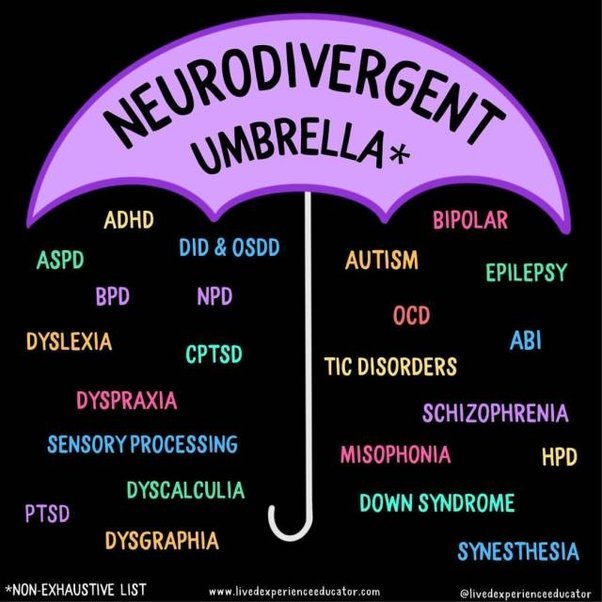Counselor Competence: The Importance of Neurodiversity Affirming Care
In the ever-evolving landscape of mental health care, the importance of therapists being competent around neurodiversity cannot be overstated.
Neurodiversity refers to the natural variation in neurological traits, including autism, ADHD, dyslexia, and more. As society becomes more aware and accepting of neurodivergent individuals, therapists play a pivotal role in ensuring that their practices are not only inclusive but also competent in addressing the unique needs of neurodiverse clients.
One of the key aspects of competency in this context is understanding and embracing the diversity of neurodevelopmental conditions. Each neurodivergent individual experiences the world in a distinct way, and therapists must be open, curious and compassionate toward the intricacies of experiences to provide effective support. A client that identifies as autistic may have sensory sensitivities that can significantly impact their daily life; therefore, an affirming therapist should recognize these sensitivities and adapt their therapeutic approach accordingly, creating a safe and comfortable environment for the client.
Moreover, competent therapists acknowledge the strengths that often accompany neurodivergent individuals. Rather than focusing solely on improving or delaying deficits, they recognize and leverage the unique talents and abilities of individuals. By adopting a strengths-based approach, therapists empower their clients to harness their potential, fostering a positive therapeutic relationship that promotes growth and self-discovery.
Effective communication is another crucial aspect of competency in working with neurodivergent clients. Neurodivergent individuals may have different manifestations of body language, paralanguage and interactions socially that are seen as challenging against neurotypical ways of being. Competent therapists actively listen, adapt their communication strategies, and tailor interventions to meet the specific needs of each client.
Cultural competence is an integral part of providing mental health care, and neurodiversity should be recognized as a unique cultural aspect. Therapists must strive to educate themselves on the experiences, challenges, and strengths associated with various neurodivergent conditions. This knowledge not only enhances their ability to provide effective therapy but also contributes to reducing stigma and promoting a more inclusive society.
In addition to individual therapy, competent mental health therapists can play a vital role in advocating for systemic changes. This includes striving for more inclusive policies within mental health organizations and the workplace, raising awareness about neurodiversity, and participating in training programs that enhance their competence in working with neurodivergent clients.
The importance of mental health therapists being competent around neurodiversity cannot be emphasized enough. By embracing the unique perspectives, strengths, and challenges of neurodivergent individuals, therapists contribute to a more inclusive and supportive mental health landscape.
As the field continues to evolve, competency in neurodiversity should be at the forefront of therapist education and practice starting at masters level counseling programs, ensuring that everyone, regardless of their neurodevelopmental profile, has access to quality mental health care.


